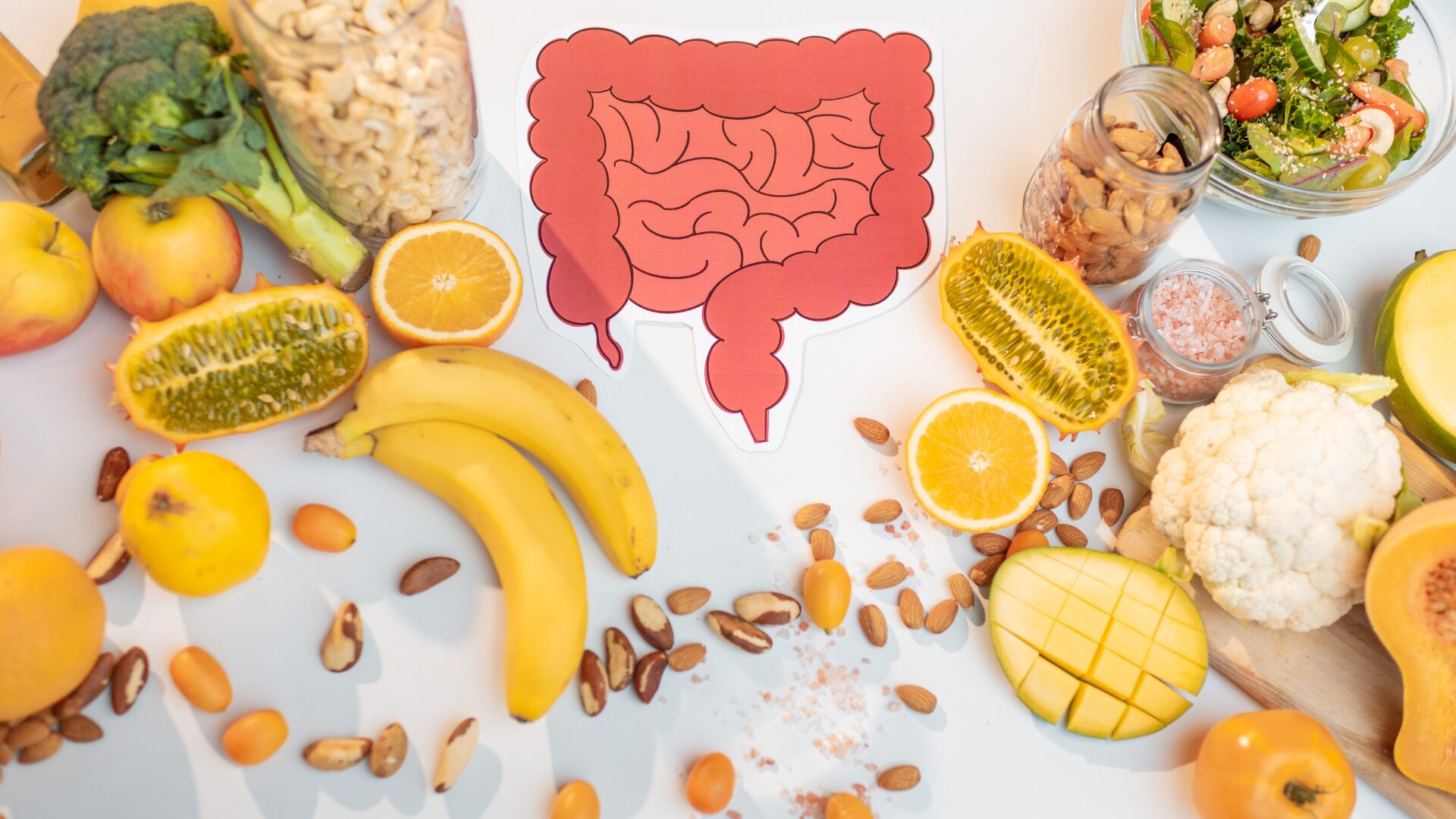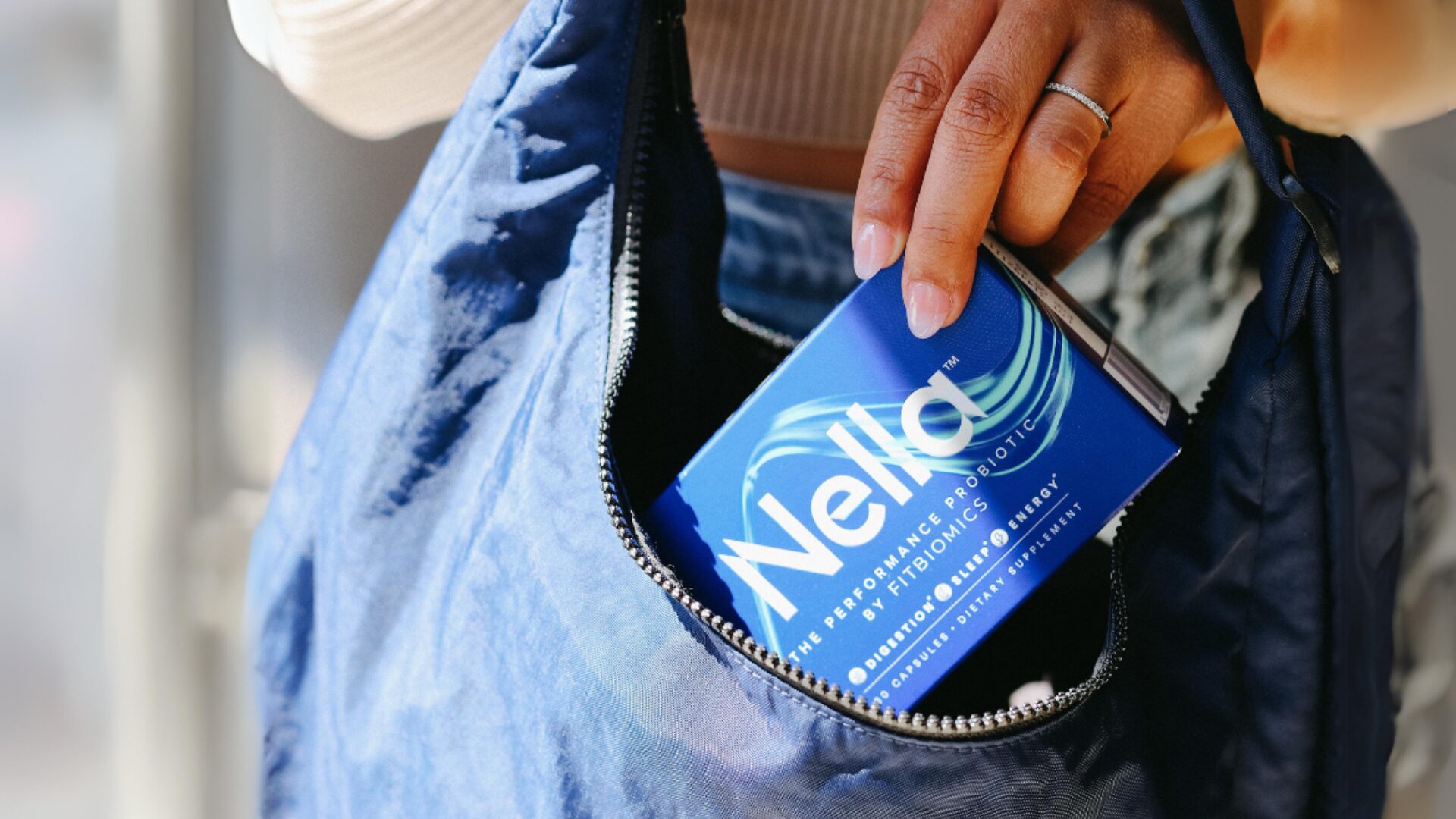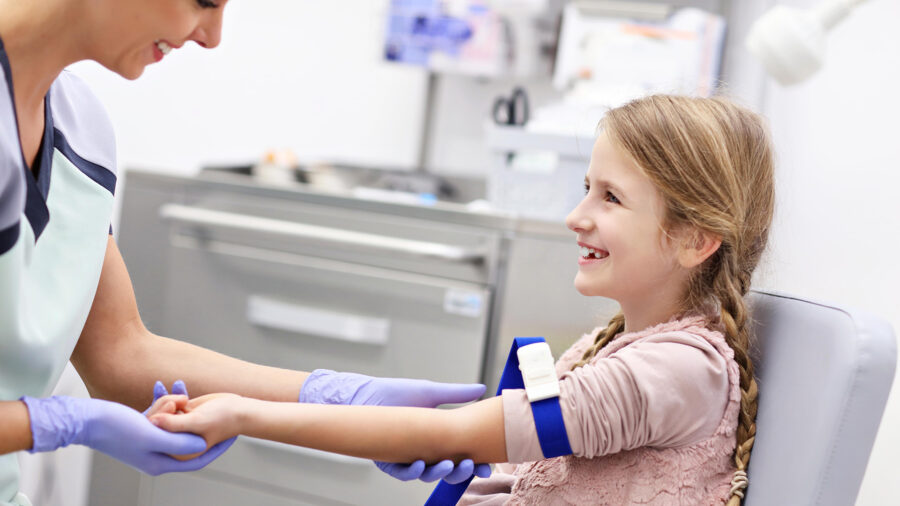The National Institutes of Health (NIH) is awarding $170 million to clinics and educational centers over a five-year period to conduct research for one of the largest, most diverse precision nutrition efforts in the country.
The Nutrition for Precision Health powered by the All of Us Research Program (NPH) will recruit a diverse pool of 10,000 participants who are part of the NIH’s All of Us Research Program to inform more personalized nutrition recommendations.
The study will allow researchers to identify factors that define specific physiologic responses to different foods and to see how these responses associate with health.
“NPH will take into account an individual’s genetics, gut microbes, and other lifestyle, biological, environmental, or social factors to help each individual develop eating recommendations that improve overall health,” said Holly Nicastro, Ph.D., M.P.H., a coordinator of NPH.
UC Davis, one of fourteen institutions to receive the funding, has been awarded a $12.9 million grant for the study.
“Recommendations for optimal nutrition tend to focus on ‘one-size-fits-all,’ but in the future, we will see more emphasis on personalized public health,” said Sean Adams, the scientific director for the UC Davis Center for Alimentary and Metabolic Science and a member of the project’s principal investigator team.
Consumer Access
Precision nutrition is already becoming more accessible to consumers, largely though self-administered test-kits coupled with diet plans and subscription programs.
Companies like Everlywell, Cerascreen and Vitagene offer food sensitivity testing programs to identify potential intolerances and optimize diets.
Viome Life Science’s consumer division offers kits that analyze the microbiome, the collection of microbes in the gut and other parts of the body, to provide personalized recommendations for diet and supplements.
However, as Healthline notes, there is currently little science to back up the claims Viome makes about what their tests can do. Additionally, the platform uses AI, not doctors or dietitians, to provide recommendations (Jan 7).
Alternative Applications
Viome is also developing a saliva test for head and neck cancers that has “breakthrough device” designation from the U.S. Food and Drug Administration, reported GeekWire. (Nov 10)
Similarly, healthcare company Faeth Therapeutics recently closed a $20M seed financing round to advance the development of its machine learning-driven precision nutrition solutions and treatment regimens to enhance cancer therapy.











